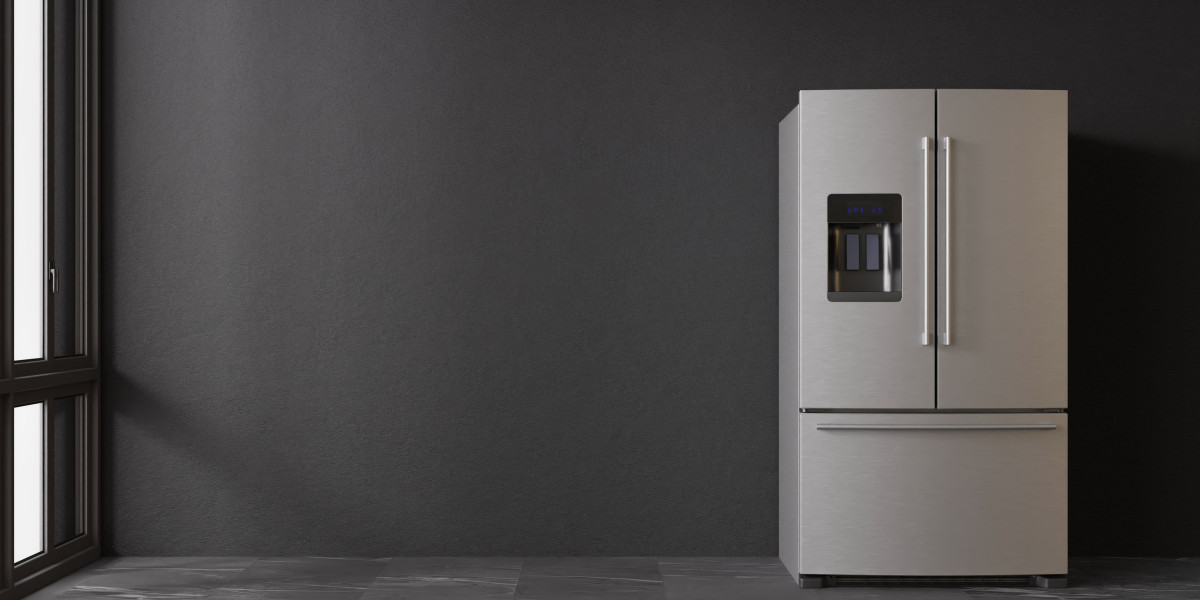Smart Lock: Redefining the Way We Secure Our Spaces
A Smart Lock industry brings a new level of convenience, security, and connectivity to the way we access our homes, offices, and personal spaces. No more fumbling for keys or worrying about losing them—smart locks offer a seamless, often keyless entry, controlled right from your smartphone or voice assistant.
What is a Smart Lock?
A smart lock is an electronic and mechanical locking device that performs locking and unlocking functions wirelessly. It connects to your phone, Wi-Fi, or Bluetooth, allowing authorized users to enter with a tap, voice command, or passcode. These devices not only offer keyless convenience but also keep a digital log of entries and exits, making them ideal for home security and access monitoring.
Key Features
Remote Access: Lock and unlock doors from anywhere using a mobile app.
Custom User Codes: Generate unique codes for family, friends, or guests.
Activity Logs: Monitor who enters and leaves, and when.
Voice Control: Integration with Alexa, Google Assistant, or Siri.
Tamper Alerts: Receive notifications in case of suspicious activity.
Auto-Locking: Automatically locks the door after a set period.
Battery Operated: Most operate for months without recharging.
Applications
Home Security: Improve household safety and eliminate traditional key risks.
Short-term Rentals: Hosts can issue temporary codes for guests (e.g., Airbnb).
Office Access: Manage employee access and track attendance.
Elderly Assistance: Allow caregivers secure but convenient access.
Vacation Homes: Secure remote properties without needing physical keys.
Market Drivers
Growing Smart Home Adoption: Consumers are embracing connected home ecosystems.
Increased Security Awareness: Demand for real-time, customizable access control.
Urban Living Trends: More people living in smart apartments and condominiums.
E-commerce Growth: Delivery access solutions tied to smart locks.
Integration with Home Automation: Unlock doors when fire alarms trigger, lights turn on upon entry, etc.
Challenges
Privacy and Hacking Risks: Cybersecurity remains a concern.
Battery Dependency: Dead batteries can lead to lockouts.
Cost Factor: Higher upfront investment than traditional locks.
Compatibility Issues: Not all locks fit all door types or smart ecosystems.
Future Outlook
Smart locks are evolving fast—from fingerprint scanners to facial recognition access. Future models are expected to use AI to predict usage patterns and personalize security levels. Sustainability and integration with other smart home systems will be key as manufacturers focus on energy efficiency and seamless user experience.
Get Related Reports:





